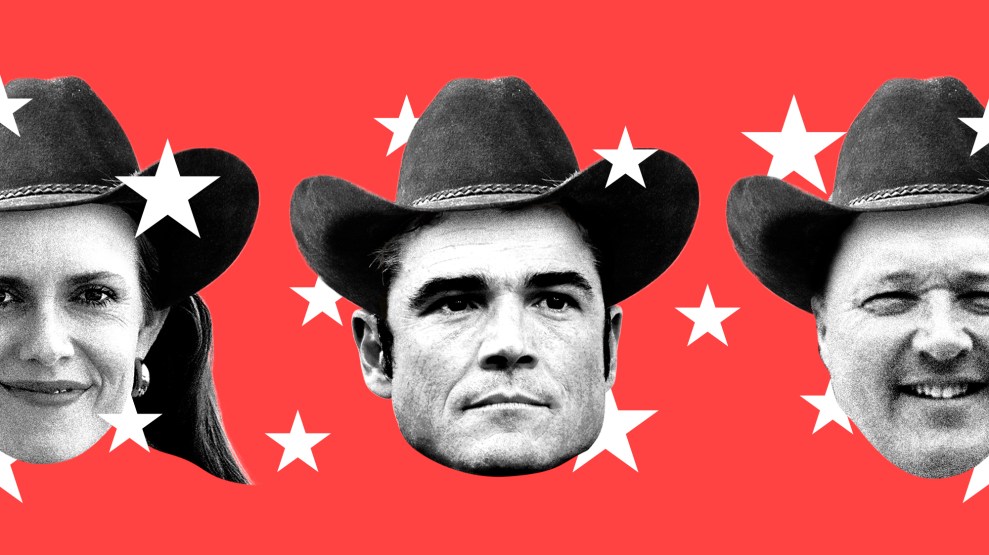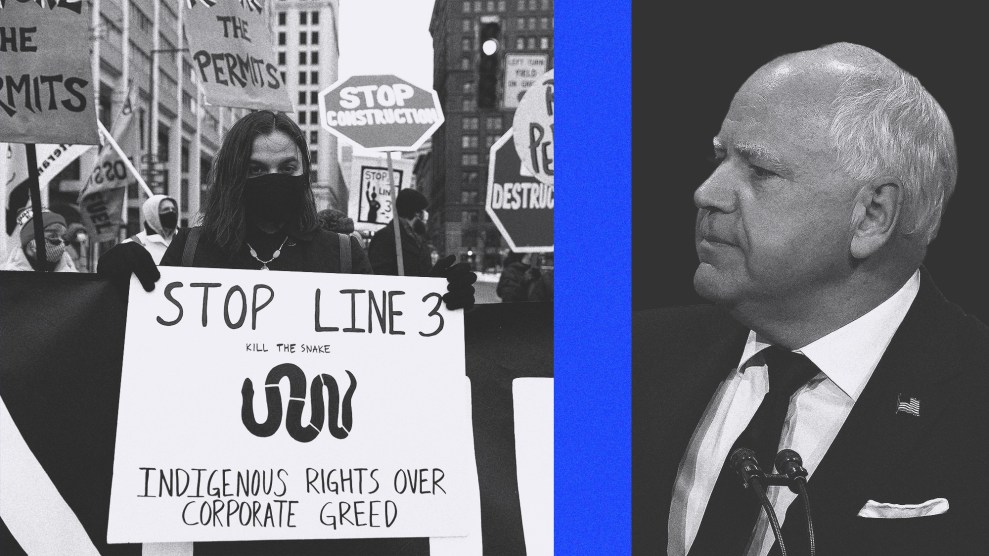Once again, a major American car company is headed for bankruptcy, and once again, the Obama administration is stepping in with buckets of cash. Last time it was Chrysler. Now it’s General Motors. But the debate’s the same. The Obama team is forcing bondholders to accept a much worse deal than the United Auto Workers is getting, and the bondholders are (predictably) howling. Marc Ambinder says Obama is “rewriting the rules of capitalism.” Really? When hedge fund manager Clifford Asness complained about the Chrysler deal, I argued that Chrysler investors should have known that any deal to save the company was likely to involve government money and all the strings that come with it. Those strings, as anyone who had been watching the bank bailouts would have known, mean that political considerations come into play.
A commenter on Ambinder’s column gets this dynamic exactly right:
The flip side of “rewarding risk takers” is also that they must lose if they make a poor choice—risk capital has to have risk as well as reward.
In private equity, the first rule is “the last money in sets the rules”. They guy bringing money to the table when no one else will, in this case the US government, gets to rewrite the rules. Here it isn’t just a question of the $15B the US has already put in (and presumably put it in front of, or combined with, the bondholders), it is that the US is prepared to put more in to revive a restructured business. Without that money, everyone loses everything, except the secured investors. That’s why the shareholders are out and bondholders only get a fraction of what they may have expected, excepting if they were willing to force GM into liquidation instead of a restructuring, which apparently they either weren’t willing to do or couldn’t as part of the deal for the bridge funding of $15B the US put in. The second rule is that you want to keep good, motivated employees.
The resulting deal appears to reflect pretty normal market behavior, by the Obama administration, just an atypical funding source. Quite in contrast to the Wall Street bailouts with no accountability for the use of funds or even the proper reporting of how they were used.
The only “rule of capitalism,” of course, is that the rules of capitalism as it exists in the real world (as opposed to libertarian fantasyland capitalism) are not set in stone. All capitalist countries have varying levels of government intervention, regulation, tariffs, and so on. The rules can and do change as different political and ideological groups fight over the structure of their nations’ economies. Assuming any economy is going to be free of political interference is folly. But assuming the rules are all going to stay the same during a time of crisis is madness. Smart investors keep that in mind.
Bondholders are certainly within their rights to complain that they’re getting a worse deal than the union. We can argue over what the rules should be. But lodging some sort of morally loaded complaint about the very fact that the rules are changing is ridiculous. The government is the last money in, so it’s setting the terms. Once more, with feeling: the bondholders made a bet, and they lost. That’s what investing is all about—risk taking. The “new capitalism” is the same as the old capitalism.













